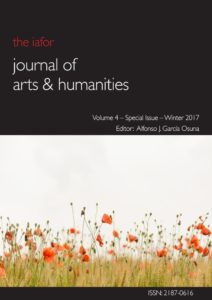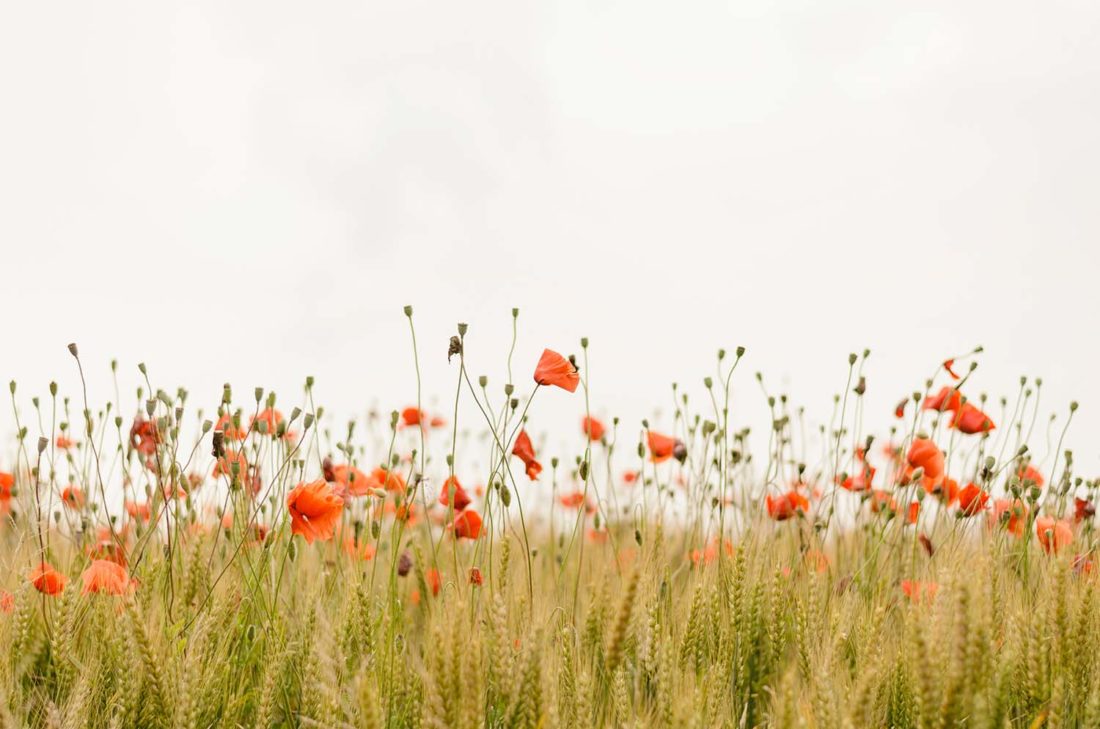IAFOR Journal of Arts & Humanities: Volume 4 – Special Issue
Editor: Dr Alfonso J. García Osuna, Hofstra University, United States of America
Published: December 12, 2017
ISSN: 2187-0616
https://doi.org/10.22492/ijah.4.si
Editor’s Introduction

But armed conflict has also offered points of departure from where many intellectual trends have begun their confrontation with society’s tired, outdated values and preconceptions. In recent decades, war has inspired insightful analyses of its invisible victims’ sufferings. The obvious casualties of war – the dead and maimed soldiers and civilians – are the physical manifestations of its attendant horrors, yet lost in the process are understudied groups such as women and minorities who make up an amorphous underclass that has been ignored almost as a matter of course.
With this special issue of the IAFOR Journal of Arts and Humanities we hope to shine a light on those disregarded groups and, consequently, draw attention to concealed human dimensions of war in original and trendsetting ways. Additionally, by bringing together complementary viewpoints from various fields of inquiry, we aim to bridge disciplinary gaps that often impede collaborative, comprehensive endeavours.
The articles herein have been selected for their importance in uncovering this hidden world of the silenced victims. Mahinur Aksehir-Uygur, Atalay Gunduz and Eda Burcu Cetinkaya focus on women as victims of trauma in the First World War using the novels of Virginia Woolf; Lily Halpert Zamir discusses the work of Lili Kasticher, the only woman who wrote in Auschwitz during the Second World War; Cora Lindsay takes us to the French army’s siege of Rome in 1849 as seen through the eyes of English poet Arthur Hugh Clough's “Amours De Voyage”; Shahd Alshammari examines similarities between Mai Al-Nakib’s “Echo Twins” and Arundhati Roy’s The God of Small Things, considering how the “ghost of war permeates the narrative” in the Kuwaiti text; Er-Win Tan and Ted Engelmann reflect on the ways in which iconic photographs taken during conflict can have a deeply powerful symbolic impact and capture the imagination and attention of the public, having thus a significant influence on the decision-making process of that conflict; and Johnson Olaosebikan Aremu and Lateef Oluwafemi Buhari examine the general outcome, in human terms, of the Nigerian Civil War (1967–1970).
It is my hope that the journal’s readers will understand, in a more profound way, that the visceral, morally complex drama of war reaches far beyond the battlefield.
Dr Alfonso J. García Osuna
Editor
IAFOR Journal of Arts & Humanities

